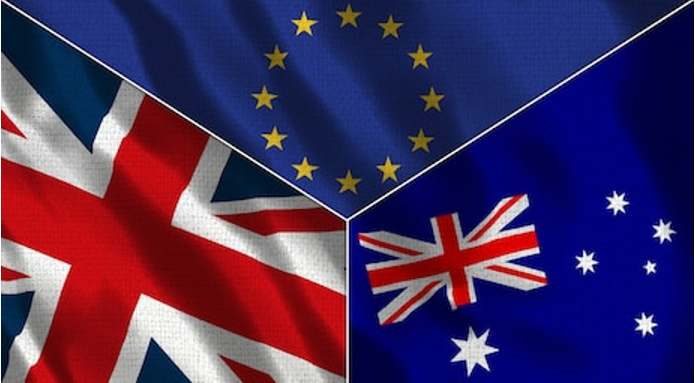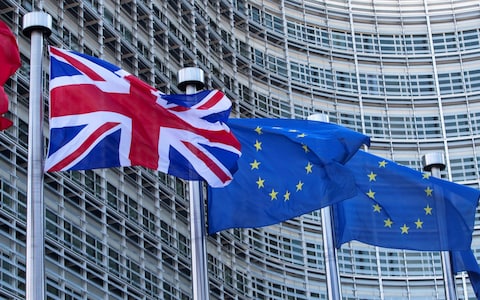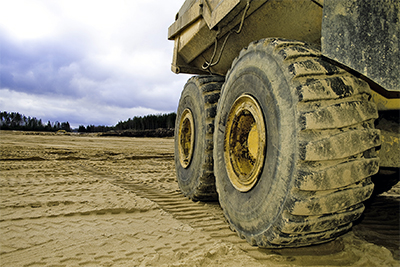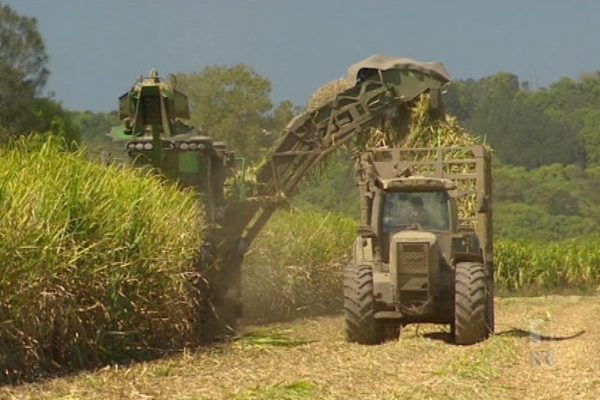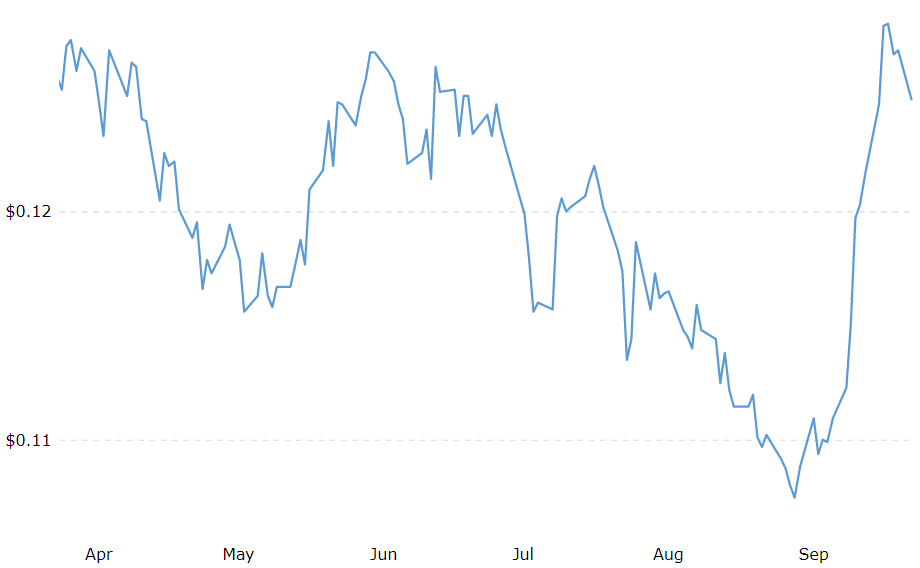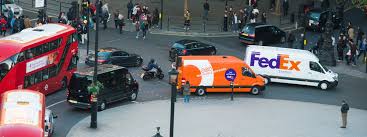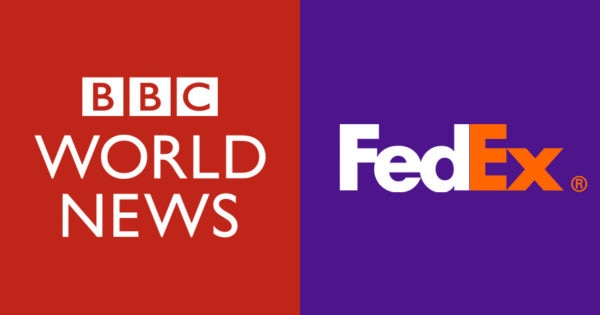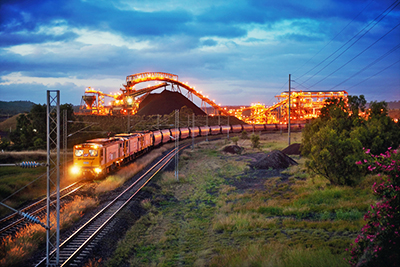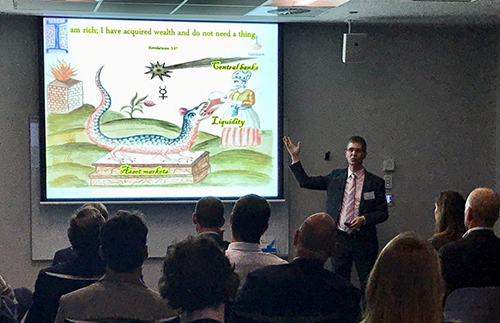Australian sugar well placed despite global disruption - Rabobank report
WHILE the OPEC oil fall out and coronavirus pandemic continue to impact global sugar markets, the Australian sector remains firm thanks to an increase in projected yields and strong export prospects, according to Rabobank's research.
However, Rabobank’s latest global Sugar Quarterly warns there will be new challenges to navigate amidst this new environment.
In its Q1 report, the agricultural banking specialist said widespread rain across key cane- growing regions – up to 800mm recorded in parts of north-east Australia – had strengthened yield prospects for the incoming 2020 crush, however warned the risk of cyclones and floods still loomed.
Rabobank commodity analyst Charles Clack said the robust yield trajectory also had the potential to mitigate a decreased growing area over recent years. 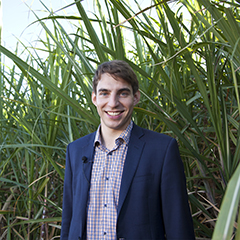
“The domestic cane area fell by 11 percent from 2017 to 2019, with Rabobank forecasting a stabilisation in area in 2020,” Mr Clack said.
As such, assuming higher year-on-year (YOY) cane yields, the bank forecasts the 2020 Australian cane crop at 31 million tonnes, suggesting 4.2 million to 4.3 million tonnes in raw sugar production.
While comparative to the 4.2 million tonnes produced in 2019, Mr Clack said the figure still remained below the national five-year average.
He said the Australian industry could benefit from increased export opportunities, particularly in light of the severely-decreased 2019/20 Thai cane crop, down 40 per cent due to diminishing cane area and drought.
This, he said, was forecast to contribute to a 6.7 million tonne global supply deficit in 2019/20, before a return to a small surplus in 2020/21.
“Raw sugar output in Thailand is set to reach just 8.6 million tonnes, versus 15.4 million tonnes last years, allowing exports to reach just six to seven million tonnes and maintaining Thai premiums,” Mr Clack said.
“We expect demand for Australian sugar to improve in 2020 amid this cut in Thai supplies, particularly as Asian buyers such as Indonesia, who rely on Thai imports, look to origins further afield.”
FALL IN INDONESIAN PRODUCTION
Mr Clack said a drought-led fall in Indonesian 2019/20 production, coupled with a growing appetite, could also benefit both Australian and Indian exporters.
The significant depreciation of the Australian dollar – with the AUD/USD now standing at 0.59, down from 0.69 year to date – could also bolster export opportunities, Mr Clack said, and had so far, to an extent, insulated the local industry against the sharp fall in world sugar prices.
In February, Thailand’s low production drove ICE #11 Raw Sugar futures soaring above the 15USc/lb, yet Mr Clack said the coronavirus threat, followed by Russia abandoning its oil supply pact with OPEC and dragging down oil prices, in turn saw sugar prices fall below 11USc/lb.
OPEC REPERCUSSIONS
Mr Clack said Brazil was one key sugar producer severely impacted by the Russian and Saudi Arabian oil fall out, and could potentially shift a significant volume of production from ethanol to sugar.
Low gasoline pump prices in response to oil’s slump, coupled with a decreased demand for local fuel due to COVID-19 had resulted in Brazil’s ex-mill ethanol prices falling sharply.
“The bottom line is that millers’ ethanol revenues and margins in 2020 look very vulnerable in the face of weeks, if not months, of reduced demand plus the threat of persistently-low oil prices, and a corresponding price decrease,” he said.
The global sugar price would continue to take its lead from the oil market in the coming weeks, and Mr Clack said any average ethanol prices reaching above a sugar equivalent of 11USc/lb would encourage a swing towards sugar production over ethanol.
COVID-19 CHALLENGES
Further impacts of the coronavirus crisis on consumption were difficult to predict at this stage, Mr Clack said, with Rabobank’s initial expectations indicating a large absence of global consumption growth in 2019/20 as industries including foodservice see diminished demand prospects.
“In the EU, for example, we foresee very little sugar consumption growth, due in part to the outbreak but more so the downtrend in sugar demand,” he said.
“Interestingly, the flattening demand in the EU, and globally, may be minimised by the assumption that people tend to eat more sugary and processed foods during hard economic times.”
In China – where low acreage and yields cut 2019/20 production by up to nine percent year-on-year – the negative impacts of COVID-19 on logistics and labour, leading to a delayed planting, could further decrease 2020/21 output.
Logistics bottlenecks, particularly delays in ports and borders were also expected side-effects globally, but with a prioritisation by governments on the food and agri sector, Mr Clack said food supply chain disruptions should be minimised.
ends

